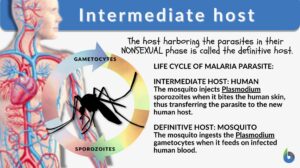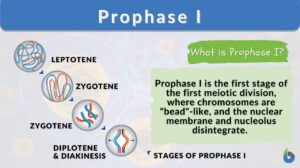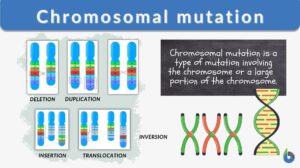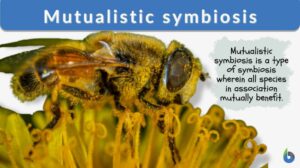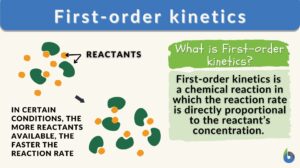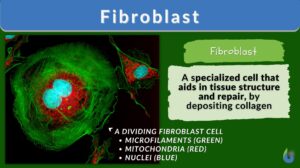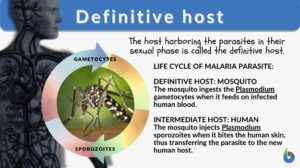Search Results for: reciprocal
Control of Body Movement
Motor Control Hierarchy A motor program is the pattern of neural activities required to perform a movement is created and... Read More
Intermediate host
Intermediate Host Definition When looking at the relationships amongst different biological members of our biosphere, we... Read More
Deglutology
Definition noun The scientific or medical study of the processes and pathophysiology of deglutition Supplement Deglutology... Read More
Prophase I
Organisms all use mitosis to create more cells in the body. Meiosis, a similar process, is used in some organisms to undergo... Read More
Sellar joint
Definition noun A synovial joint in which the opposing surfaces resemble the shape of a saddle and are reciprocally... Read More
Facultative mutualism
Definition noun A type of mutualism in which the interacting species derive benefit from each other but not being fully... Read More
Obligate mutualism
Definition noun A type of mutualism in which the species involved are in close proximity and interdependent with one... Read More
Chromosomal mutation
Every living thing is made up of DNA. Our DNA is what makes us unique and different in the world. Our DNA is made up of... Read More
Mutualistic symbiosis
Mutualistic Symbiosis Definition In order to understand what a mutualistic symbiotic relationship means, we will break down... Read More
Inferior thalamic peduncle
Inferior thalamic peduncle a large fibre bundle emerging from the anterior part of the thalamus in the ventral direction, in... Read More
First-order kinetics
What is a First-Order Kinetics (First-Order Reaction)? First-order kinetics refers to a reaction wherein the overall rate... Read More
Biotic potential
When we look at the different forms of life, we often wonder how they have continued to exist one generation after another.... Read More
Fibroblast
The building block of living things is known as the cell. The cell contributes to many parts and functions of different... Read More
Definitive host
Different Biological Relationships The biological world is interconnected whether we notice it or not. All the life forms... Read More


